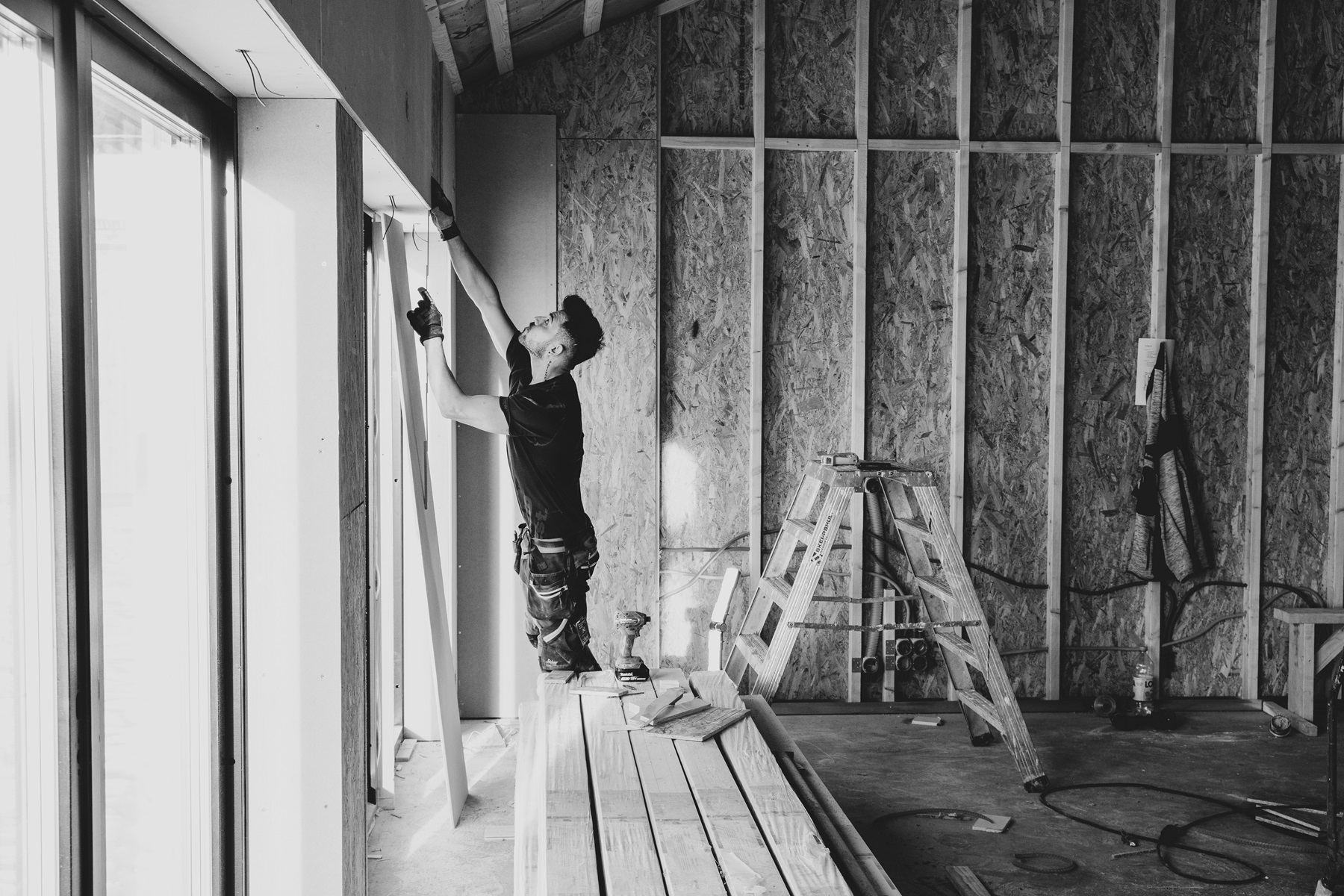Glenigan Forecasts Construction Boom From 2025
Glenigan has released its widely anticipated UK Construction Industry Forecast 2025-2026 – which says project-starts will continue to strengthen as...
Read Full Article
The value of detailed planning approvals suffered in the three months to September, declining 47% against the previous year.
The number of approved major housing projects also fell 11% compared to the preceding quarter
This is according to Glenigan’s October 2024 Construction Review which focuses on the three months to the end of September 2024. The central finding is that detailed planning approvals and project-starts remained weak throughout Q.3. The former was almost slashed in half (-47%) and the latter dipped 6% compared to last year. Planning approvals (-20%) and project-starts (-22%) both finished around a fifth lower than the preceding three months to September.
Striking a more positive note, main contract awards experienced year-on-year growth, up 5% on the same time in 2023, with an increase in underlying and major project contract awards registered.
Confidence coming
Commenting on the Review, Glenigan’s economic director, Allan Willen says: “While starts on site have softened, main contract awards are up 5%, signalling ongoing opportunities in the market. As economic conditions stabilise and political certainty improves, we’ll likely see clients and contractors push forward with planning bids as confidence in the market is restored.”
Residential – Labour’s housing challenge
There is a growing reluctance among developers to submit planning bids, citing rising costs and declining market confidence. This presents a significant challenge for Labour's ambitious plan to deliver 1.5 million homes over five years.
The October Review data reveals a mixed picture for the housing sector:
Overall, residential project starts fell 17% during Q.3 to stand 24% lower than last year, with major projects dropping a massive 61% year-on-year
Private housing accounted for 57% of total starts, with a value totalling £5,986 million, a fall of 22% compared to 2023.
The South-East bucked the trend, growing by 38% thanks to key developments such as Berkshire’s Top Farm project, while London suffered a 51% drop in housing project-starts
Housing pipeline
Looking to the pipeline of housing projects, detailed planning approvals valued at £13,741 million, declined by 7% compared to the previous quarter but grew by 2% compared with last year. This figure was dragged down by a lack of major project approvals, which fell 11% compared to the preceding quarter to total £3,301 million. Conversely, underlying approvals increased 7% against the preceding three months (seasonally adjusted).
Residential contract awards performed well, up 6% in the last quarter and 30% compared to the previous year.
Wilen concludes, “Despite the apparent apprehension amongst developers, highlighted in the October Review, Labour's pledge to build 1.5 million homes over five years will potentially kick-start planning applications. However, this will require significant changes to the current planning landscape, with the Housing Secretary’s proposed 'planning passports' and intention to challenge NIMBY opposition potentially providing the catalyst.
“Whether these initiatives will effectively address the core issues remains to be seen.
“Looking ahead, the sector will be watching closely for more assertive government action to unblock the housing pipeline. Both contractors and developers will be hoping for increased certainty as political promises translate into policy.”
Picture: House building is looking grey but the colour could soon be returning to the market.
Article written by Cathryn Ellis
24th October 2024